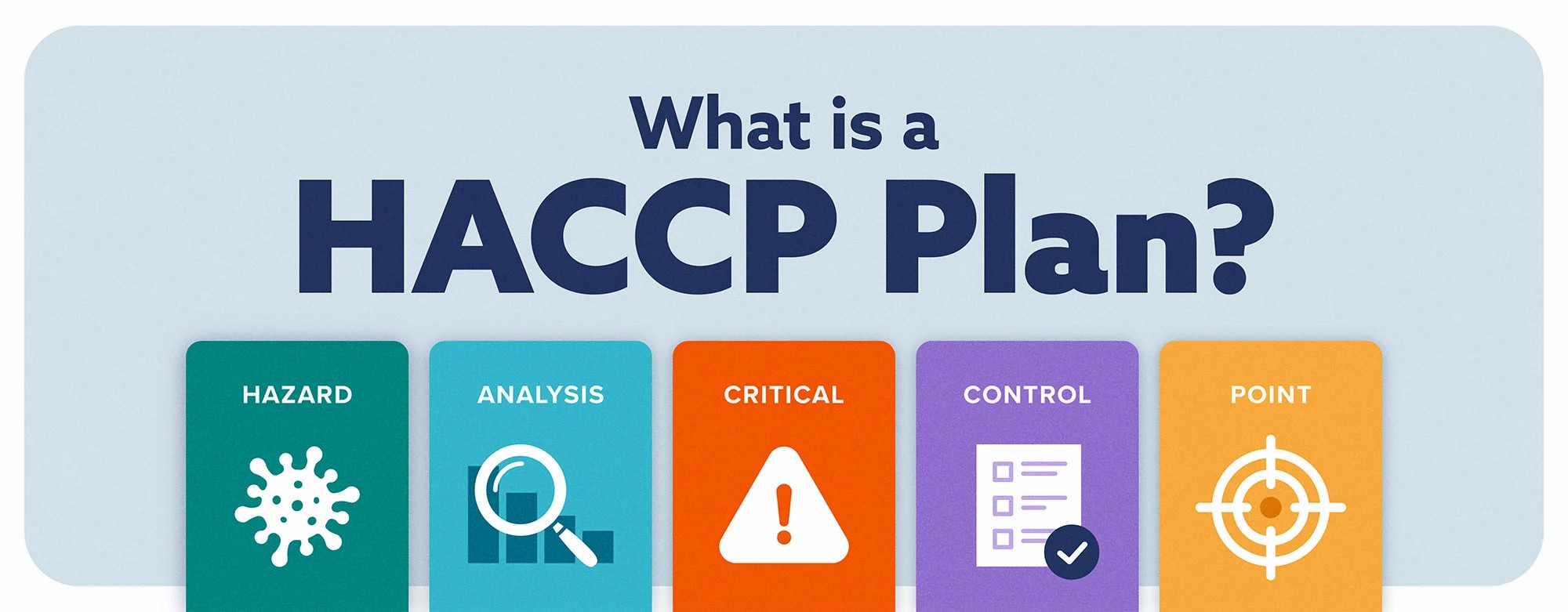


 349,500 Offered Certificates
349,500 Offered Certificates
 24/7 Online Training
24/7 Online Training
 Money Back Guarantee
Money Back Guarantee
 Fully Accredited Courses
Fully Accredited Courses

Created at: 26-02-2025 12:03
In the bustling landscape of food businesses in Ireland—whether you're operating a trendy café in Dublin or a bustling restaurant in Cork—ensuring food safety is of utmost importance. One of the most effective ways to achieve this is through HACCP Training and certification. HACCP, which stands for Hazard Analysis Critical Control Point, is not just a guideline but a legal requirement enforced by both Irish and EU food safety laws. Understanding its importance can safeguard your business from legal pitfalls and foodborne illnesses.
HACCP is built on seven core principles designed to prevent food safety hazards:
By adhering to these principles, food businesses in Dublin, Galway, Limerick, Waterford, Cork, and Belfast can create a systematic approach to food safety compliance.
Beyond the legal obligations, obtaining a HACCP Certification provides numerous advantages:
Gaining your HACCP certification involves several essential steps:
Today, businesses in Ireland can choose between online and in-person HACCP training. Online courses provide flexibility, allowing staff to learn at their own pace, while in-person training fosters direct interaction and hands-on learning experiences. Both options can lead to successful certification when conducted by reputable providers.
Understanding potential pitfalls can help your business avoid HACCP compliance issues. Common violations include poor record-keeping, inadequate monitoring of CCPs, and failure to conduct regular audits. Proactively addressing these areas through continuous training and staff engagement is essential.
Businesses with HACCP compliance are often viewed as more reliable. Regularly showcasing your commitment to food safety through certifications and training can attract more customers, especially in cities with strict food safety expectations like Dublin and Cork.
An effective HACCP audit involves reviewing your entire food safety management system at scheduled intervals. During the audit, assess adherence to the HACCP plan, ensure all records are updated, and evaluate training programs. Implement corrective actions immediately if any gaps are identified.
Investing in HACCP Certification is essential for compliance, customer trust, and overall business success. Start your journey towards certification today with our comprehensive HACCP Training Course. Ensure the safety of your food products and protect your business. For more information, contact us at [email protected].